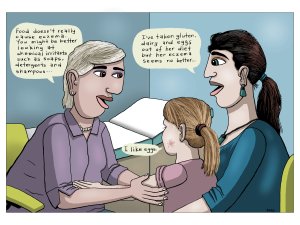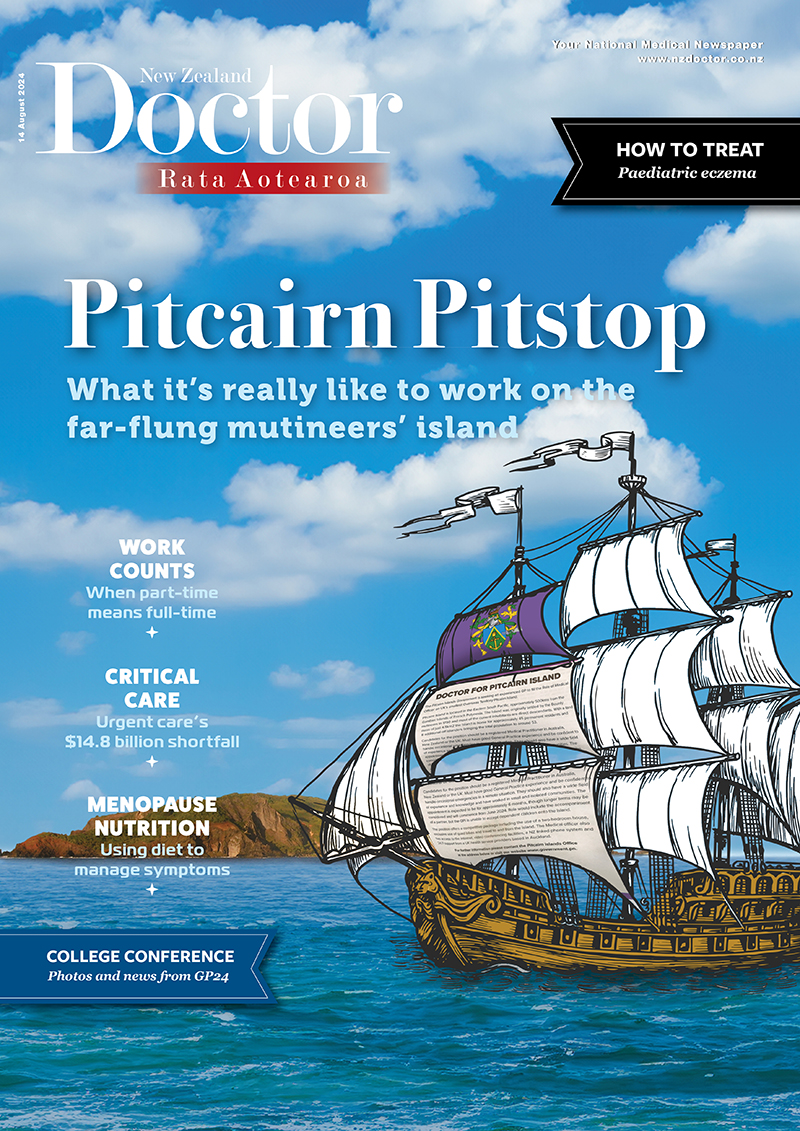Specialist GP Nikki Vadgama provides some tips to make your next paediatric eczema consult easier. She includes a review of new guidelines, resources, websites and medications for paediatric eczema management
Further testing of the fifth Northland measles case confirms it was a false positive
Further testing of the fifth Northland measles case confirms it was a false positive
Over the weekend, further testing of the suspected fifth case of measles in Northland was analysed and was confirmed that it was a false positive. The original laboratory test was not performed in Northland.
“We were delighted to be able to inform the daycare centre staff and attendees over the weekend that they were no longer required to be in isolation, and noted how grateful we were that they adhered to the isolation protocol until the test results were finalised,” explained Dr. Simon Baker, Locum Medical Officer of Health, Northland DHB.
“Our job is to make sure that the spread of measles is contained and we are highly cautious and responsive given the prevalence of measles throughout New Zealand.”
Although nucleic acid amplification tests (such as the Polymerase Chain Reaction) are usually extremely accurate, no test is perfect, and occasionally we will encounter false positive and false negative results.
“We need to treat each potential case of measles with high suspicion until proven otherwise,” emphasises Microbiologist Dr David Hammer.
Isolation means staying at home and not having visitors who are not immune to measles. That is, not using public transport, going to work, preschool, school, visiting neighbours, friends or family; going to church or other places of worship; social or sports activities; movie theatres, supermarkets and shops etc.
“We understand the significant impact of isolation. However, this is the only way we can minimise the spread of this highly infectious disease.
“Immunisation is the only way to prevent measles. Make no mistake measles can be a severe illness. Measles are easily prevented by vaccination, and if you are exposed and not immune, you will be placed in isolation if required,” Dr Hammer reinforced.
The 19-year-old who was admitted to ICU with a complication of measles is well on the road to recovery. However, two close family members have now developed measles and are in isolation. Therefore, there are now six confirmed cases of measles in Northland.
Measles is not like a cold. It is much more severe. If you or your child gets measles, you can look forward to a miserable week or two, and if you or your child are not immune and are exposed to someone with measles, you can expect to have two weeks at home, with all the disruption that goes with this. Get immunised this week.
People aged 15 months to 50 years who have not previously been vaccinated against measles can be vaccinated at their general practice.
Almost everyone aged 50 or older had measles as a child and are therefore immune. Teenagers and young adults are least likely to have been immunised as young children.
If you’re not sure of your vaccination history, you can check you’re Well Child/Tamariki Ora (or Plunket) book, or ask your general practice.
The community need to be very aware of the symptoms of measles which start with a fever and cough and runny nose and sore red eyes, and then after three or four days a rash appears on the face and then spreads to the body.
Anyone believing they have been exposed to measles or exhibiting symptoms should not go to the ED, after hours’ clinic or general practitioner.
Instead call Healthline free on 0800 611 116 for advice and information from a trusted registered nurse, anytime, 24 hours a day, seven days a week.
Go to the DHB website www.northlanddhb.org.nz for more information about the signs and symptoms of measles and what to do if you are concerned.




